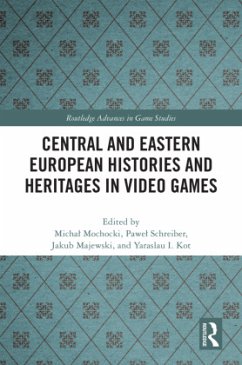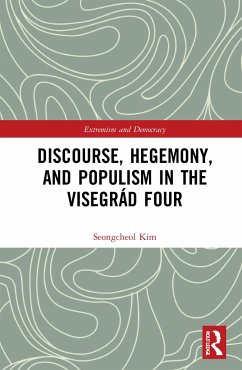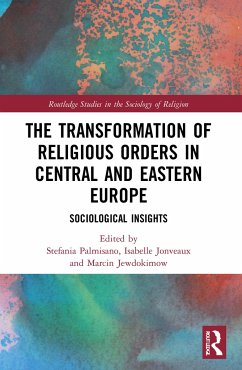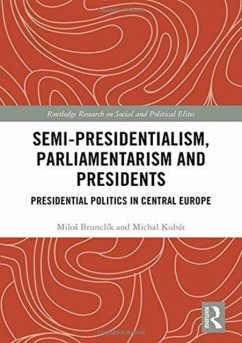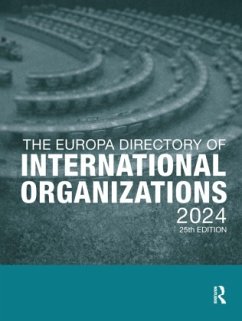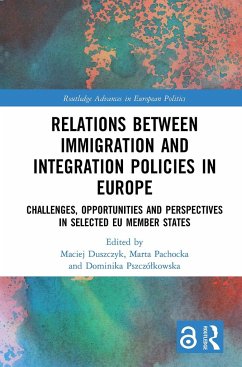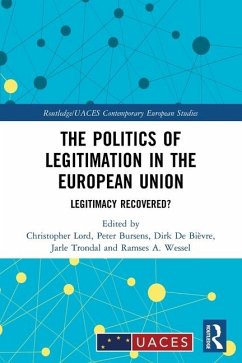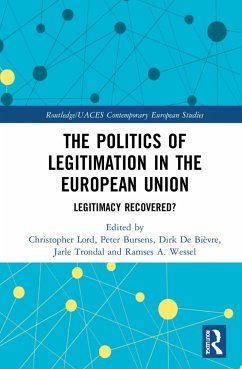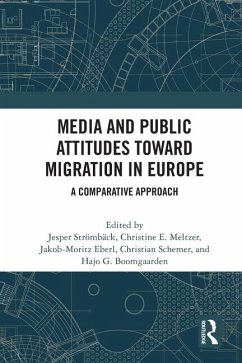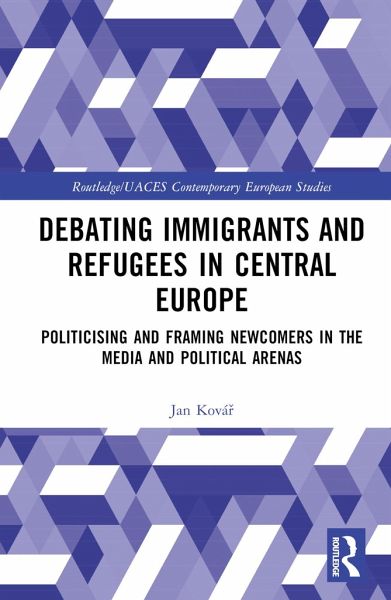
Debating Immigrants and Refugees in Central Europe
Politicising and Framing Newcomers in the Media and Political Arenas
Versandkostenfrei!
Versandfertig in 6-10 Tagen
144,99 €
inkl. MwSt.
Weitere Ausgaben:

PAYBACK Punkte
72 °P sammeln!
This book investigates the politicisation and framing of immigration in the media and political arena in Central Europe, examining two countries - Czechia and Slovakia - in the period surrounding the "European migrant crisis". Following years of immigration being practically invisible as an issue in the socio-political debates in most Central and Eastern European countries, it became a key concern because of the crisis. Analyzing news media items and plenary speeches, this book reveals how securitisation eclipses humanitarian considerations, dominating the discourse around immigration and that...
This book investigates the politicisation and framing of immigration in the media and political arena in Central Europe, examining two countries - Czechia and Slovakia - in the period surrounding the "European migrant crisis". Following years of immigration being practically invisible as an issue in the socio-political debates in most Central and Eastern European countries, it became a key concern because of the crisis. Analyzing news media items and plenary speeches, this book reveals how securitisation eclipses humanitarian considerations, dominating the discourse around immigration and that media and politicians are the two most important intermediaries from which citizens take cues on issues they rarely experience directly themselves. Finally, it also shows how the media and political arena portray immigration differently based on the origin, religious background, and legal status of immigrants.
This book will be of key interest to scholars and students of migration studies, global governance, international organisations, security studies, and media studies, as well as more broadly for public law, comparative politics and East/Central European politics.
This book will be of key interest to scholars and students of migration studies, global governance, international organisations, security studies, and media studies, as well as more broadly for public law, comparative politics and East/Central European politics.




